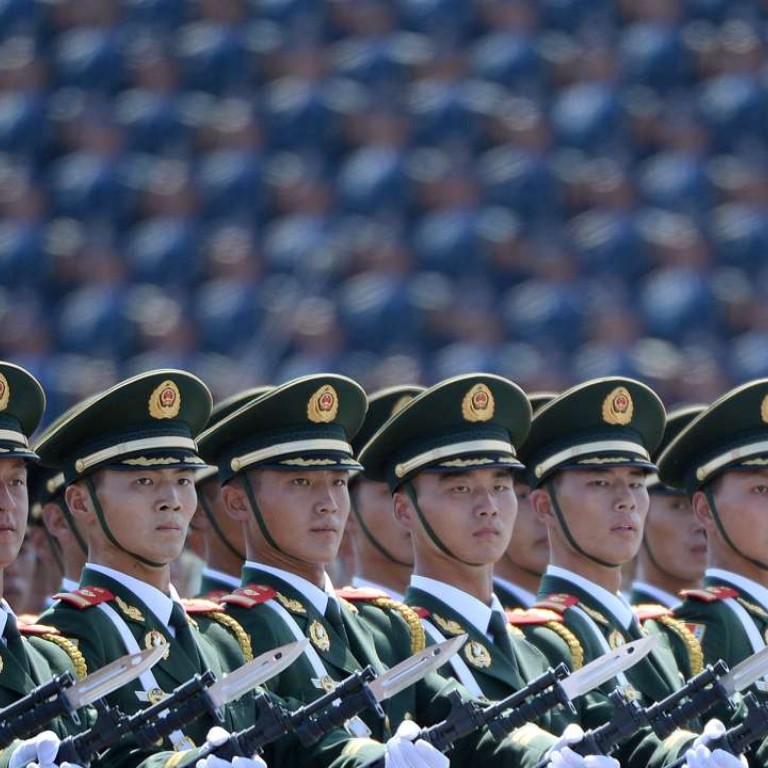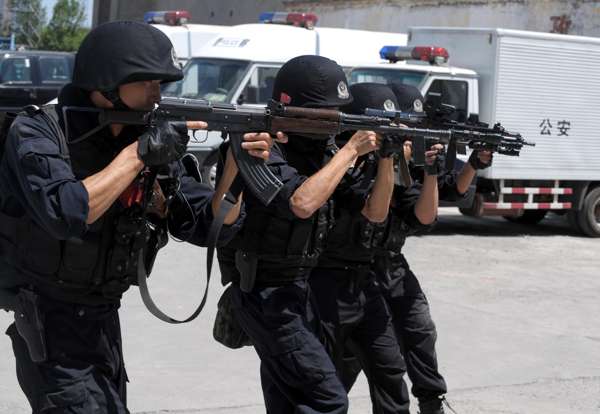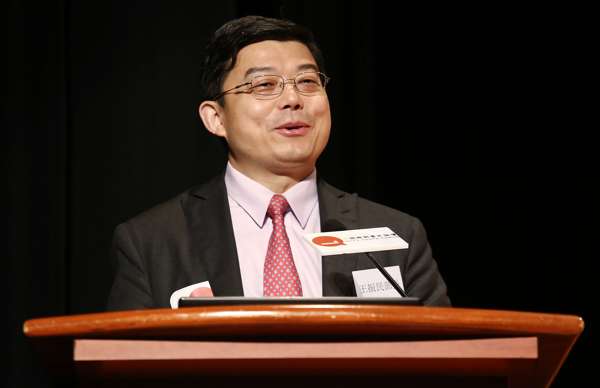
Opinion: China’s bewildering focus on a fringe group spooks Hong Kong, deters investors
By magnifying the unworkable ideas of a small group seeking something that is impossible, China only stokes doubt in investors. Many foreign and local businesspeople are quite simply bewildered at the amount of unrelenting wailing and frothing over a tiny group of independence seekers
Athenian statesman Themistocles said: “I cannot fiddle, but I can make a small town into a great state.”
The Hong Kong of the ’80s and ’90s held out that hope of becoming a great global city state of business, but today it is dragged down by internecine and nonsensical political strife.
Despite victories on the constitutional and judicial fronts over separatists and independence agitators, Wang Zhenmin, legal chief of the central government’s liaison office, said the “one country, two systems” policy under which Hong Kong is guaranteed a high degree of autonomy for half a century might be scrapped if it became a tool to confront Beijing.
Wang warned that autonomy could diminish if Hongkongers continued to challenge national security. “The more Hong Kong fails to actively defend the sovereignty, national security and development interests of the country in accordance to the law, the more wary the country might be on Hong Kong’s high degree of autonomy and the ‘two systems’. There would be less room for its autonomy,” he said.

Few dispute that an independent Hong Kong is a wildly impractical idea. But I wonder what would happen if an imaginative writer like myself produced a book, video game and movie version of Tom Clancy’s Op-Center and replaced the plot with a story about separatist Hong Kong student leaders working with US Navy Seals and CIA operatives to take over the city in an astonishing coup?
Even though America has been destroyed numerous times in box-office hit films, my idea would be so comically and realistically subversive that I might be invited for a booksellers’ long weekend in China.
My point is that applying the communist dialectic playbook for purges to free civil society like Hong Kong only frightens the local and expatriate populace and foreign businesses for the simple reason that there are so few separatists or independence seekers among us.
Warnings of foreign anti-China forces making use of a post-transition Hong Kong as a subversion base for China-containment purposes are not useful in confronting the most important economic challenges we are facing.

Throughout its history, Hong Kong has always managed to find its economic balance and usefulness to China and the world. Adaptive, pragmatic and audacious locals and foreigners always doubled down their bets and prospered after the 1967 riots, the 1970s oil crisis, the 1984 Joint Declaration and all the property crashes and bank failures in between. Hong Kong now must find its fulcrum in the 21st-century melee.
So without any constraints, chasing the ghouls of separatism only feeds the propaganda machine that is not looking for the truth, but a story. The central government appears to be pursuing Hong Kong independence insurrectionists with the same religious zeal that the Holy See pursued apparitions of the Virgin Mary during the Renaissance.
Ultimately, Wang’s remarks, parroted by local officials, are discouraging and dispiriting for the business community that absolutely, not relatively, depends on the Basic Law. Such threats disenfranchise Hong Kong people by saying they cannot truly be Chinese citizens.
Peter Guy is a financial writer and former international banker

